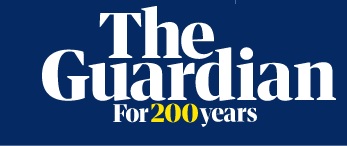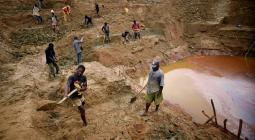The state of the natural environment was judged to be particularly worrying, with the EU having failed to meet its target to halt and reverse biodiversity loss by 2020 and no biodiversity indicators being on track to meet 2030 targets. One of the few positive wildlife trends was the growth of protected areas, which rose to 26.1% of land and 12.3% of sea in 2022.
Progress toward a circular economy was also poor. Material demand met by recycling rose only slightly – from 10.7% in 2010 to 11.8% in 2023. “The real red flag is our consumption,” said Tobias Lung, co-author of the report. “Our consumption levels are way, way, way too high.”
EU leaders have shifted their focus from climate action to economic competitiveness over the past year, weakening green policies as part of a push for “simplification” that campaigners said was deregulation.
The commission says it still stands by its green agenda but is offering flexibility to industry sectors that find the rules burdensome, as well as to member states pushing back against the pace of the transition.
Ylä-Mononen highlighted the improvement in Europe’s air quality, which has led to premature deaths from fine particles roughly halving since 2005. “We are saving human lives thanks to those actions,” she said. “It is really a clear case to continue.”




